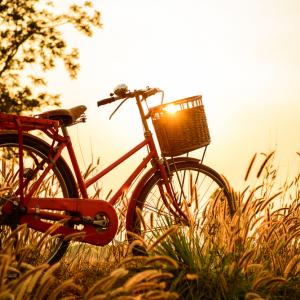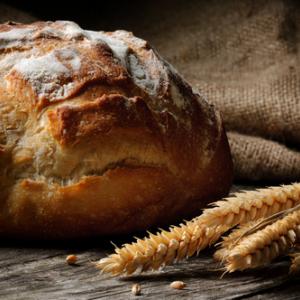Posts By This Author
Love Is the Primary Energy to Amend Climate Change
Several weeks ago at the Minnesota State Capitol building, I and a host of others met with senators and representatives to lobby them on environmental issues. When I met with one senator he said he understood the issues and was on my side. It was a love fest. But when asked about working with the Republicans, the love fest ended.
He started rattling off how the other side will not listen, how there is no communication with them, how they are funded by the Koch brothers and will not compromise or even consider any proposals but their own, and so on and so forth. I do not doubt that he was speaking from personal experience, but if he only sees the other as bull-headed then that is exactly what he will get.
As he spoke I kept saying to myself, "There has to be another way of doing this…"
Last week I discovered "a more excellent way" when I re-read The Journal of John Woolman, the spiritual autobiography of the colonial Quaker who I describe as America’s first social mystic. It my seem odd to look to a colonial Quaker as the model for amending climate change — I say amend because we have already changed the climate; the best goal now is to stop further change and amend our way of live — but his model/witness may be the exact model/witness we need.
In my work on environmental causes I have acted primarily from a place of loss, sorrow, and anger, centering on the loss of my family farm in northern West Virginia. In the mid-1980s, the farm was sold to a coal company who stripmined the farms and destroyed the community. I had had dreams of farming that land.
But if I dig deeper through the loss, through the sorrow, and through the anger, I arrive at a place of love. I love creation, I feel I am a part of it, and I want it to flourish because if creation flourishes, all flourishes.
Here is where Woolman’s witness comes in. His social conscience was formed because Love was the first motion. He was simply responding to that Love.
How did he respond? Eighty years before the modern abolition movement of the 1830s, John Woolman began his personal mission to end slavery amongst Quakers in the American colonies.
RECIPE: Bread for Michaelmas, A 'Locavore Feast Day' for Urbanites
Never heard of Michaelmas? Neither had I, until I read the recipe for struan in Peter Reinhart’s Brother Juniper’s Bread Book: Slow Rise and Method as Metaphor. The ancient Celts baked struan, bread made with harvested grains, for Michaelmas. The day was a locavore feast. The more I researched Michaelmas, the more I realized this largely-forgotten holy day could be the day for urban churches to connect with the land.
What if on the weekend before Michaelmas churches offered locally harvested/sourced meals? What if churches imagined Michaelmas as the day to lift up compassionate and sustainable agriculture practices as part of its mission? What if churches offered Michaelmas as the holy day for urban populations to reconnect with the land and rhythms of life our ancestors intuitively knew?
Like most religious holy days, Michaelmas originated as an agricultural observation. The ancients Celts celebrated the last harvest after the equinox with bread, poems, songs, dancing, and feasting. To the protector of the harvest, Saint Michael the Archangel, they offered prayers and incantations.
This week, deepen your relationships by going to your local farmers’ market and filling up your basket. Then invite over friends, family, neighbors and soon-to-be friends over for a local feast. Bake a loaf of struan (recipe here and below), write a blessing, place some “Michaelmas daisies” (or asters, or any local flowers) on your table, say thanks to those who nurtured the land, and have a joyous local Michaelmas meal.

